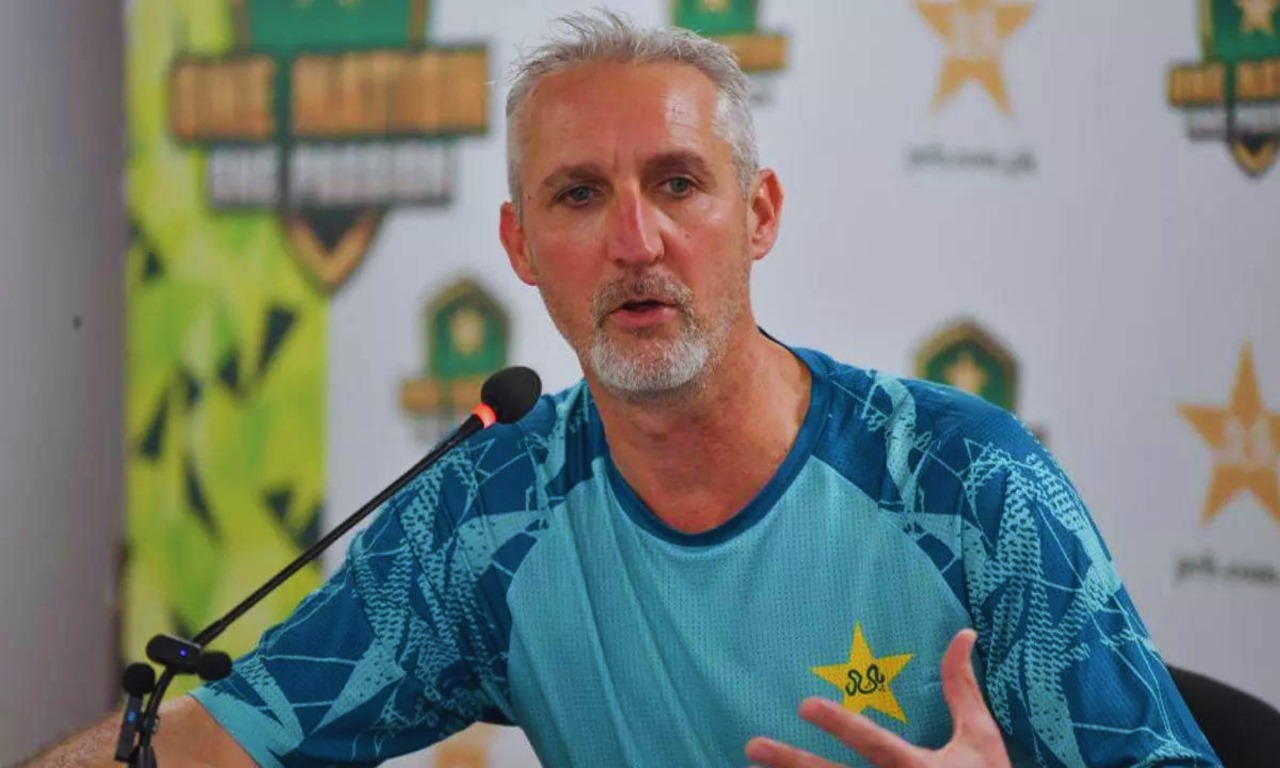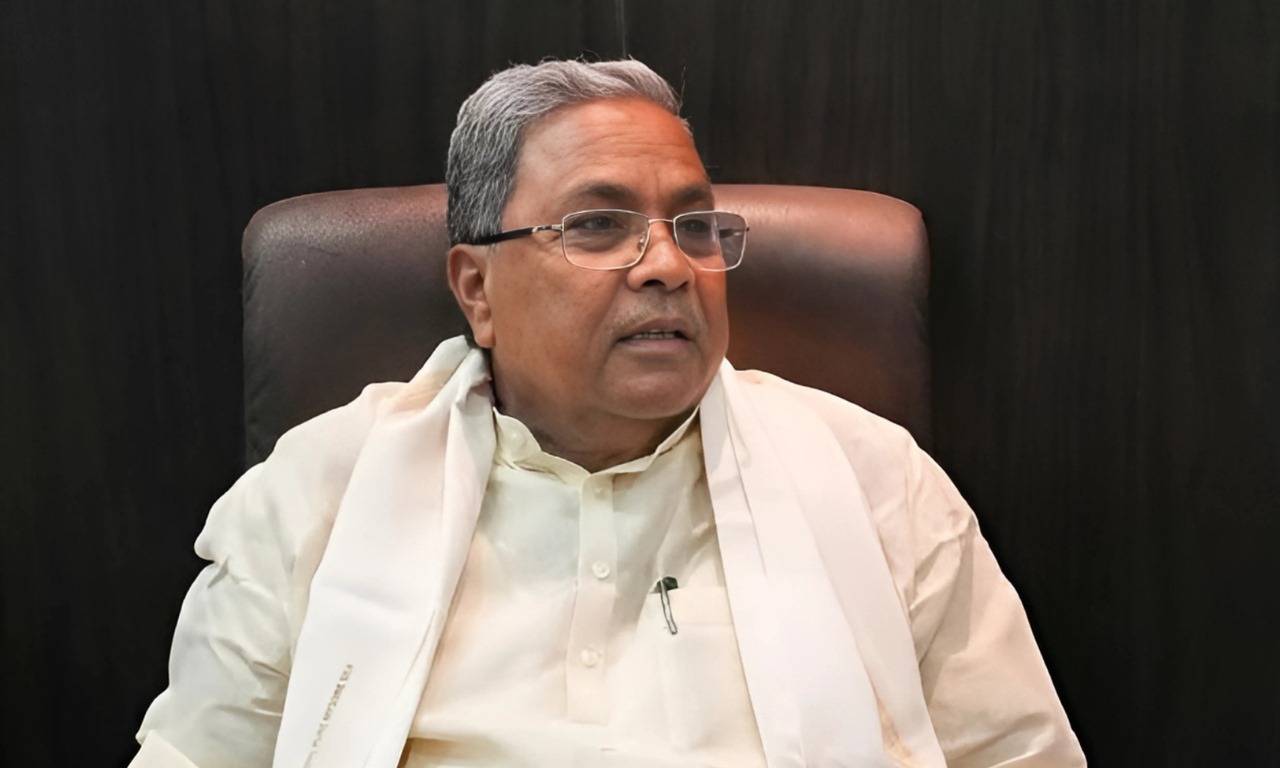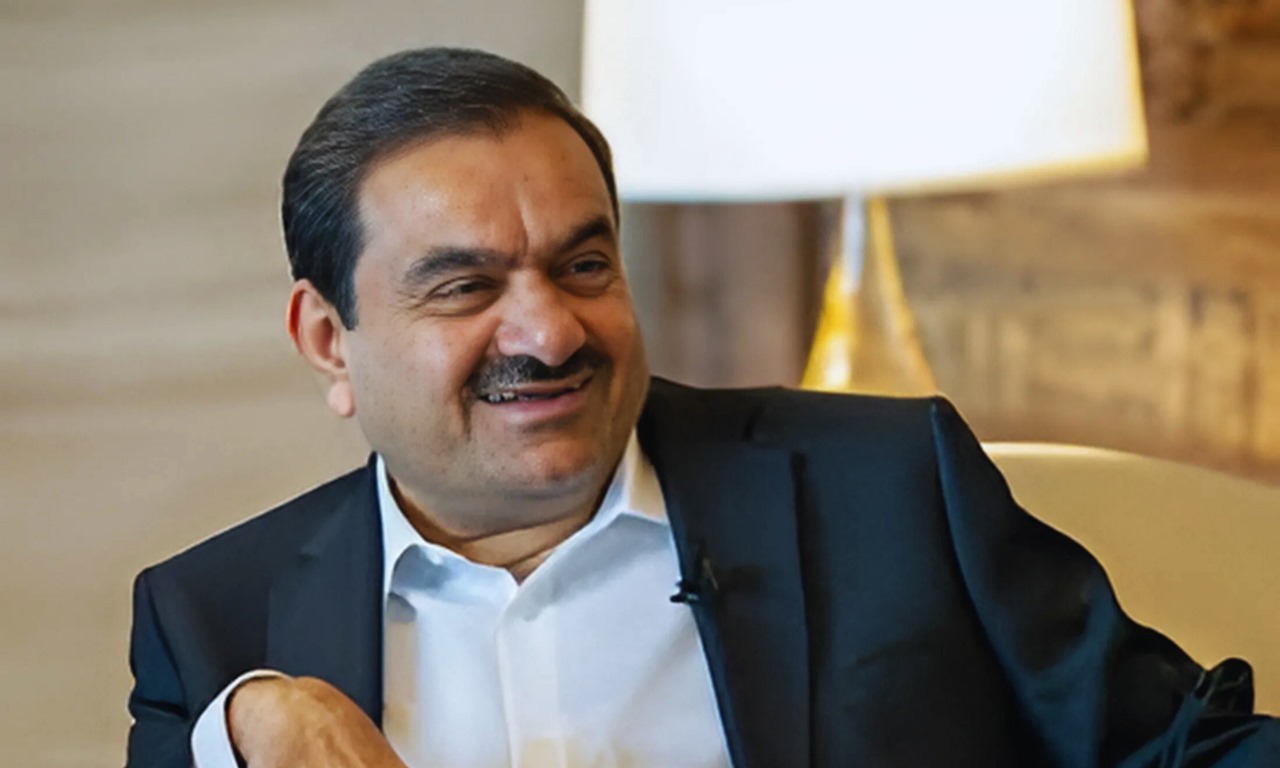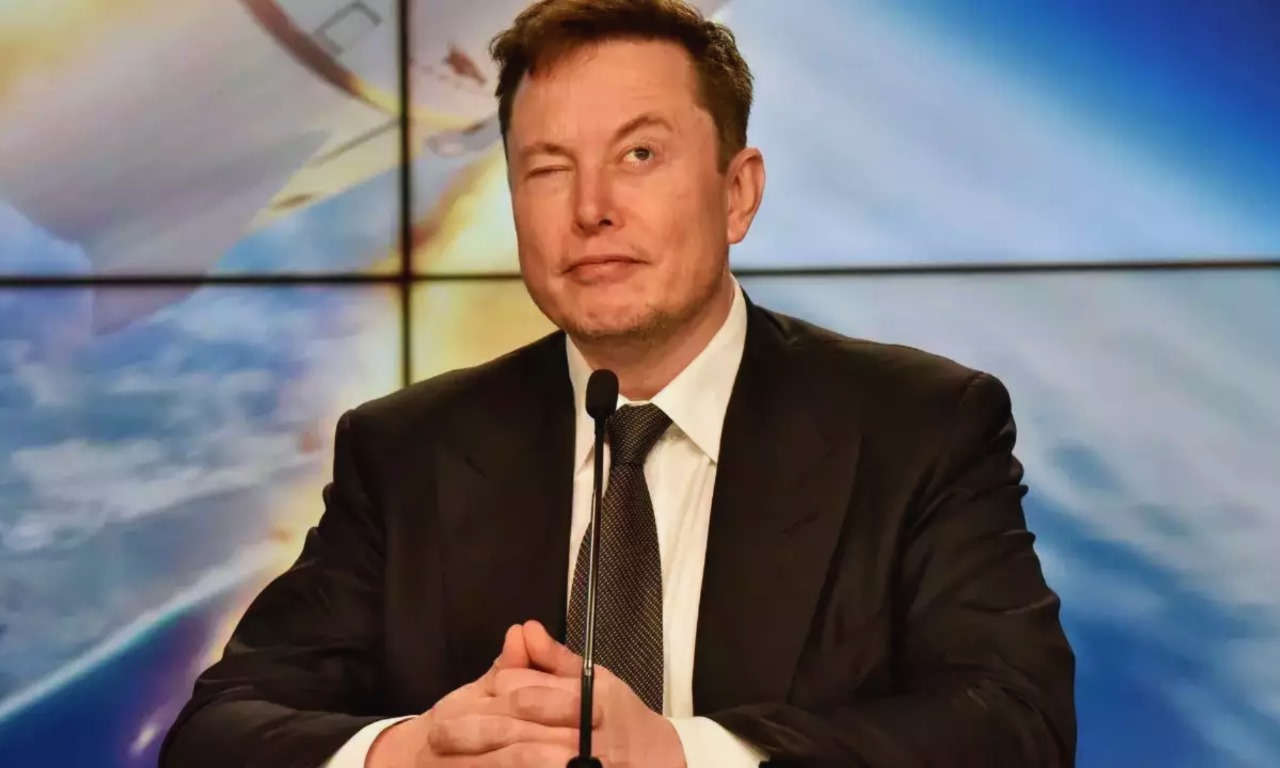Jamie Dimon’s Vision: AI Revolutionizing Workweeks, Longevity, and Living Standards
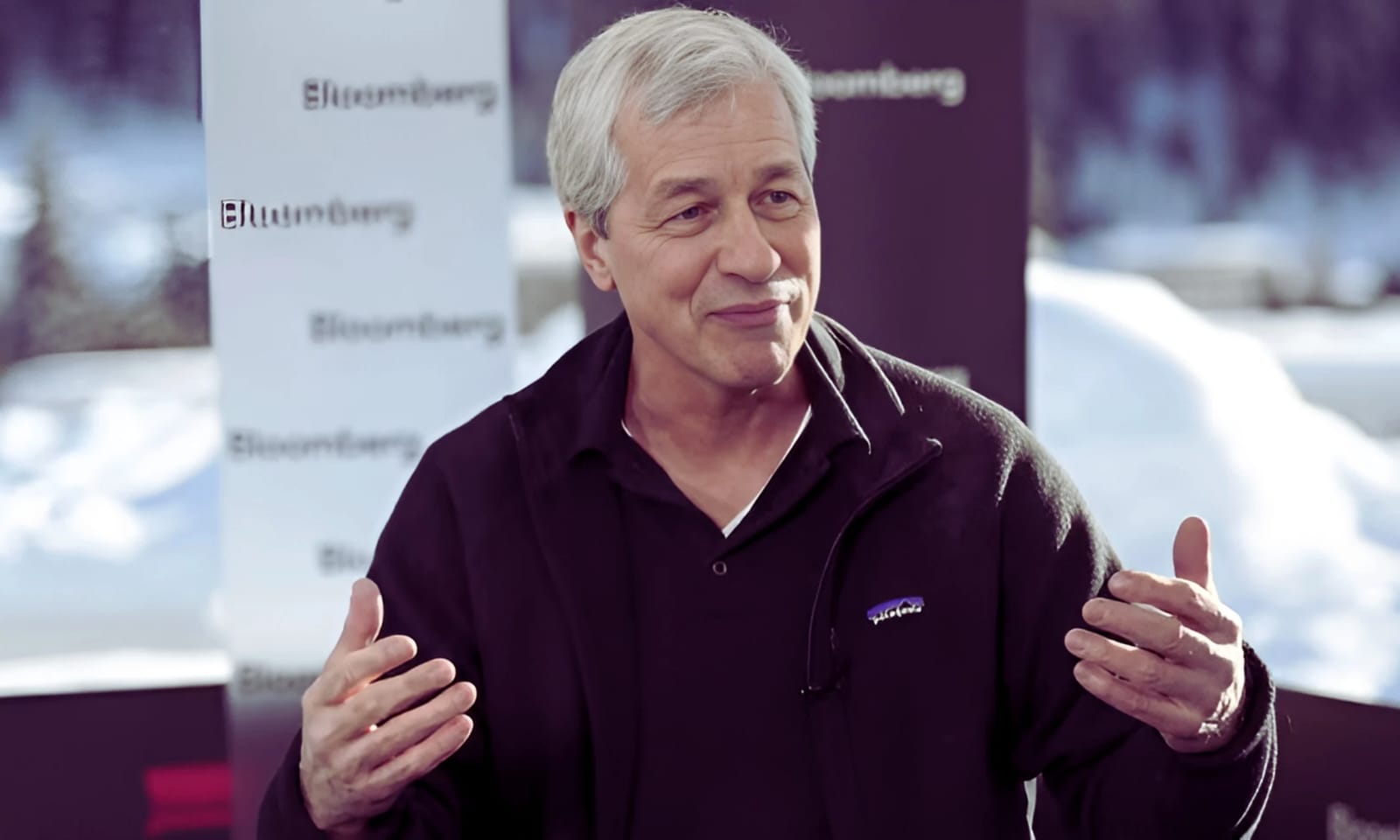
JPMorgan CEO Jamie Dimon is optimistic about the impact of artificial intelligence (AI) on the workforce, dismissing fears of widespread job loss. He predicts AI will drastically improve business operations and the work-life balance of employees.
Despite being a staunch advocate of traditional career principles—such as hard work, readiness, and in-office presence—Dimon envisions a future where employees work significantly fewer hours each week.
According to Dimon, AI has the potential to reduce the average workweek from five days to just three and a half.
Additionally, he anticipates that technological advancements could contribute to people living to 100 years of age. Speaking to Bloomberg TV, Dimon described AI as a “living, breathing thing” that will evolve over time and revolutionize industries.
AI in Business: Opportunities and Risks
Currently, thousands of employees at JPMorgan, the largest bank in the U.S., are already leveraging AI. The technology is applied to various functions, including error detection, trading, research, and hedging.
While its integration raises concerns about job displacement, Dimon emphasizes that AI also presents enormous opportunities to enhance productivity and improve living standards.
Goldman Sachs has estimated that around 300 million jobs globally could be affected by AI, with approximately 25% of the U.S. workforce fearing job losses.
However, Dimon believes society has always adapted to technological shifts, arguing that AI could ultimately replace routine tasks and free up employees for more meaningful work.
“Technology has always replaced jobs,” Dimon remarked. “Your children are going to live to 100 and not have cancer because of technology, and literally they’ll probably be working three and a half days a week.”
Research Supports a Shorter Workweek
Studies support Dimon’s vision of a reduced workweek. A report by McKinsey found that generative AI and related technologies could automate 60% to 70% of tasks currently performed by employees.
This automation could add between $2.6 trillion and $4.4 trillion to the global economy annually. Meanwhile, a University of Cambridge study of 61 organizations implementing a four-day workweek reported a 65% reduction in sick days and lower burnout rates for 71% of employees.
Following the trial, 92% of participating companies decided to maintain a three-day weekend.
Dimon’s perspective aligns with earlier predictions from economists like John Maynard Keynes, who in 1930 forecasted a future of 15-hour workweeks due to increased productivity.
Though today’s average workweek in Keynes’ home country of the U.K. is 36.4 hours, AI may bring his prediction closer to reality.
The Need for Responsible AI Development
While Dimon is enthusiastic about AI’s potential, he acknowledges its risks. Like other thought leaders, such as Apple co-founder Steve Wozniak and Microsoft co-founder Bill Gates, Dimon is concerned about AI being misused.
“Technology has done unbelievable things for mankind, but, you know, planes crash, pharmaceuticals get misused—there are negatives,” he said. “The biggest negative in my view is AI being used by bad people to do bad things. Think of cyber warfare.”
Dimon supports the introduction of regulations to safeguard against the misuse of AI, though he concedes that establishing such guardrails will take time given the technology’s rapid development.
OpenAI CEO Sam Altman has expressed similar concerns and hopes for proactive measures to manage AI’s risks.
Managing Workforce Disruption
Dimon also highlighted the importance of managing workforce disruptions caused by AI. At JPMorgan, the goal is to redeploy displaced employees into new roles.
He cited the bank’s acquisition of First Republic in May 2023 as an example, where 90% of staff retained their jobs despite organizational changes.
“We told them some of those jobs are transitory,” Dimon explained. “But we hire 30,000 people a year, so we expect to be able to get them a job somewhere local in a different branch or a different function if we can do that. We’ll be doing that with any dislocation that takes place as a result of AI.”



